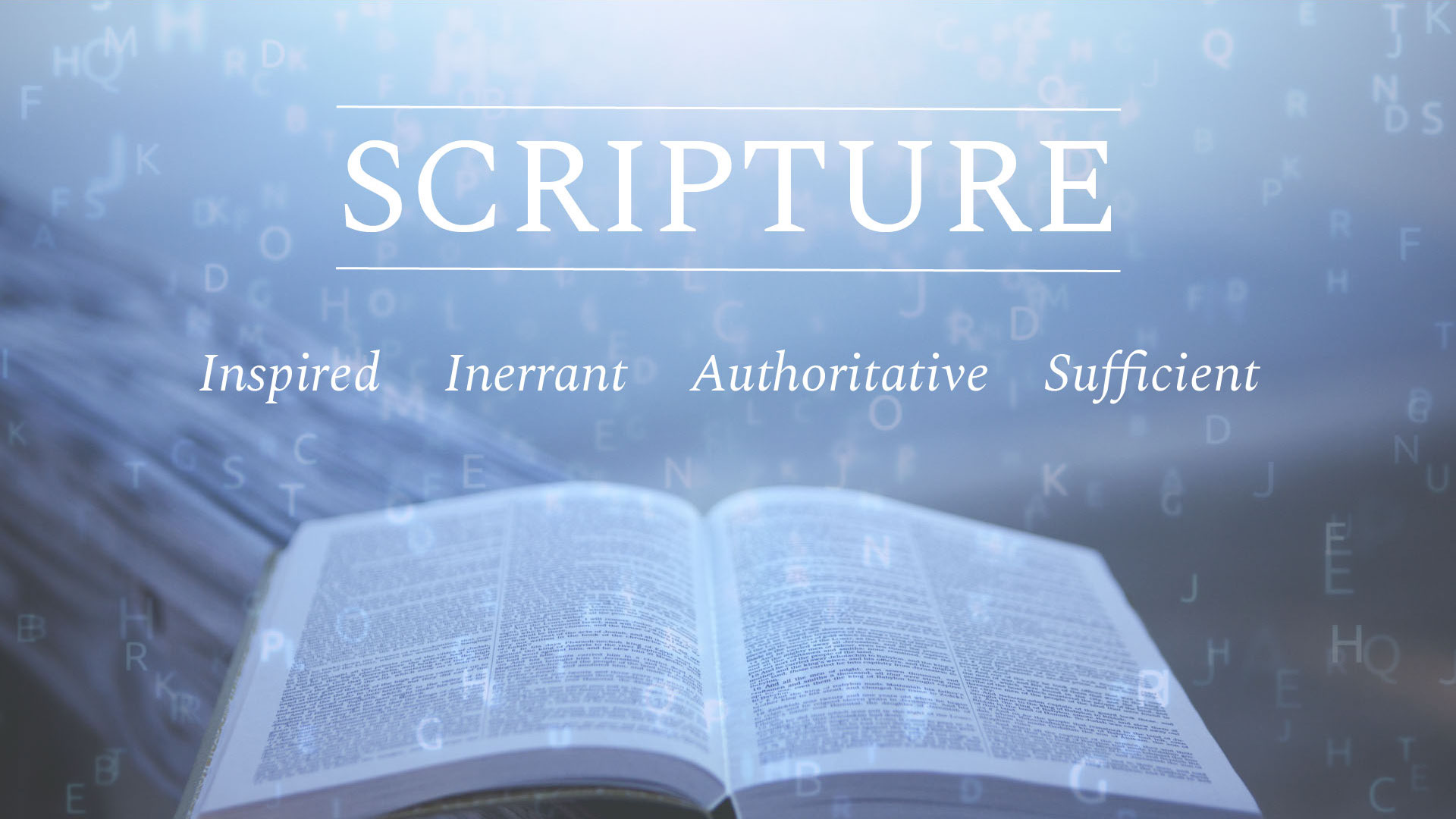-
O How I Love Your Word
Contributed by Christopher Holdsworth on Aug 28, 2019 (message contributor)
Summary: Not just reading the Scriptures, or hearing them, but speaking them, owning them!
O HOW I LOVE YOUR WORD.
Psalm 119:97. The Blessed man avoids the walk of the ungodly, the stance of sinners and the seat of the scornful. ‘But his delight is in the law of the LORD; and in His law does he meditate (both) day and night’ (cf. Psalm 1:1-2). A similar dichotomy is found in Psalm 119:113 - ‘I hate vain thoughts: but Your law do I love.’
Here at the very centre of a Psalm ABOUT God’s word (under several pseudonyms), “O how I love!” (Psalm 119:97a) expresses the intensity of that attachment. This is not the wishy-washy love of sentimentality but is totally practical. It is a love which makes us want to worship the LORD, and which delights in the study of His word (cf. Psalm 119:48).
It is a love which sets a high value on God’s word (cf. Psalm 119:127). It is a love which is our response to the loving kindness of the LORD (cf. Psalm 119:159). It is a love which brings peace and stability (cf. Psalm 119:165), and which excites us to obedience (cf. Psalm 119:167).
If I truly love my wife, I will want to spend time with her. If I love God, I will want to spend time with Him. If I truly love God’s word, I will want to spend time reading, studying and meditating upon it (Psalm 119:97b).
Psalm 119:98. In the New Testament we are told that ‘we wrestle not against flesh and blood’ (cf. Ephesians 6:12). If we meditate upon God’s word it makes us “wiser than our enemies”. So, ‘Let the word of Christ dwell in you richly in all wisdom’ (cf. Colossians 3:16).
Psalm 119:99. It may seem the height of arrogance to say that “I have more understanding than my teachers”, but it is a compliment rather than an insult. Our teachers first and foremost should teach us how to learn: and if they have taught us how to learn from the word of God then, surely, they will be glad of that. If we are standing on the shoulders of giants, it is no disgrace to the giants: but we can see further than they can and may make discoveries beyond their knowledge.
Psalm 119:100. It is also well, if at all possible, to learn young (cf. 2 Timothy 3:15). Then we shall “understand more than the ancients”. We think of the boy Jesus, at twelve years old, confounding the teachers in the Temple (cf. Luke 2:46-47).
There is a contrast between worldly wisdom and the wisdom of God (cf. Luke 10:21). You can be an ‘elder’ in a church and despise those who style themselves ‘born-again Christians’. However, the most inexperienced novice who is right with God through our Lord Jesus Christ is of better service in the kingdom of God than any number of cynical ‘elders’!
Psalm 119:101. There has to be a deliberate act in order to keep our feet from “every evil way” (cf. Proverbs 1:15). Conversely, we must turn our feet and not delay in the keeping of God’s word (cf. Psalm 119:59-60). Even the grace of God teaches us to forsake ungodliness and to ‘live soberly, righteously, and godly, in this present world’ (cf. Titus 2:11-12).
Psalm 119:102. The value of God’s word is that it is instruction received from our covenant LORD Himself (cf. 2 Timothy 3:16-17). It is not the word of mere men, but the word of God Himself (cf. 1 Thessalonians 2:13). God’s “judgments” speaks of justice and righteousness - and in the person of our Lord Jesus Christ we discover how the righteous God can be both ‘just’ and ‘the justifier of all who believe in Jesus’ (cf. Romans 3:26).
Psalm 119:103. God’s word is sweet to the taste (cf. Psalm 19:10), “sweeter than honey in the mouth”. Taking God’s words upon our lips is one way of ingesting them: not just reading them or hearing them but speaking them, owning them. This is of benefit to others, too, for ‘faith comes by hearing, and hearing by the word of God’ (cf. Romans 10:17).
Psalm 119:104. Through God’s word we are able to discern between true and false: and it inclines us to “hate” that which is false (cf. Psalm 119:128; Proverbs 8:13). ‘Hate the evil and love the good,’ says the prophet (cf. Amos 5:15). ‘Abhor that which is evil; cleave to that which is good,’ exhorts the Apostle (cf. Romans 12:9).
‘Search the Scriptures,’ says Jesus; ‘for in them you think you have eternal life: and they are they which testify of Me’ (cf. John 5:39).

 Sermon Central
Sermon Central



